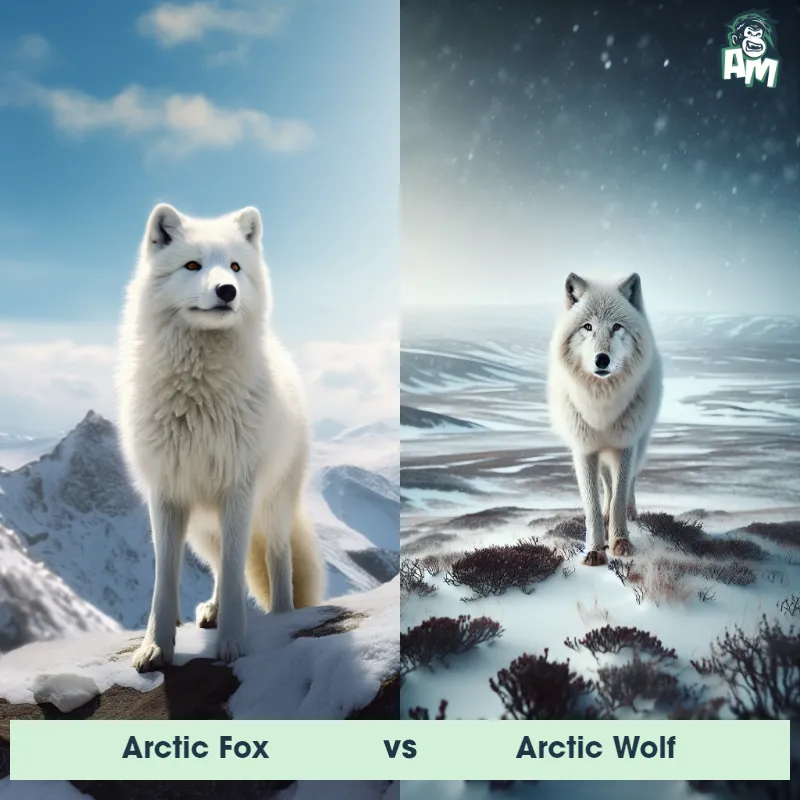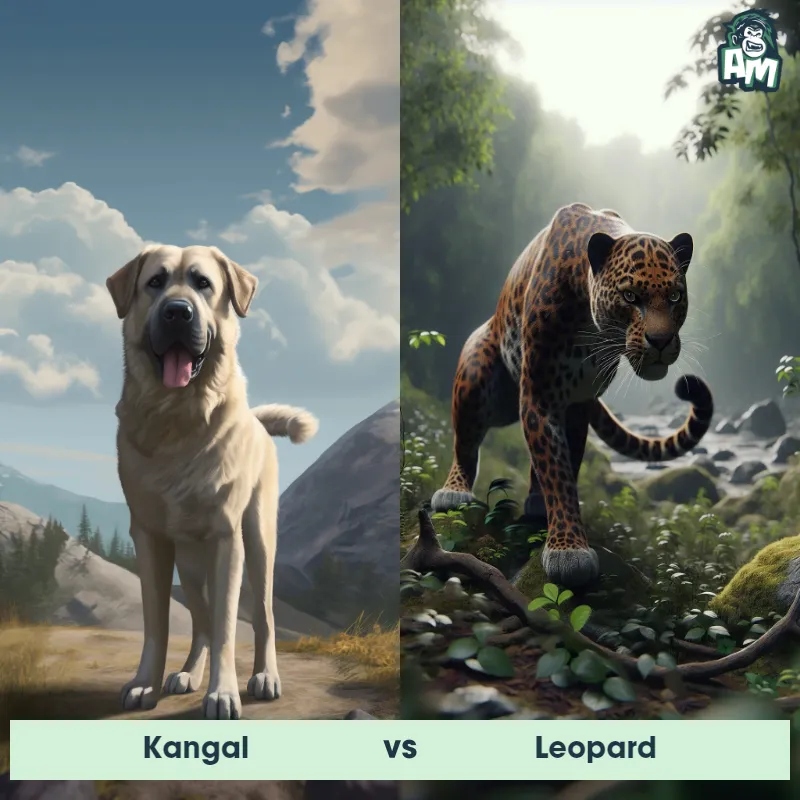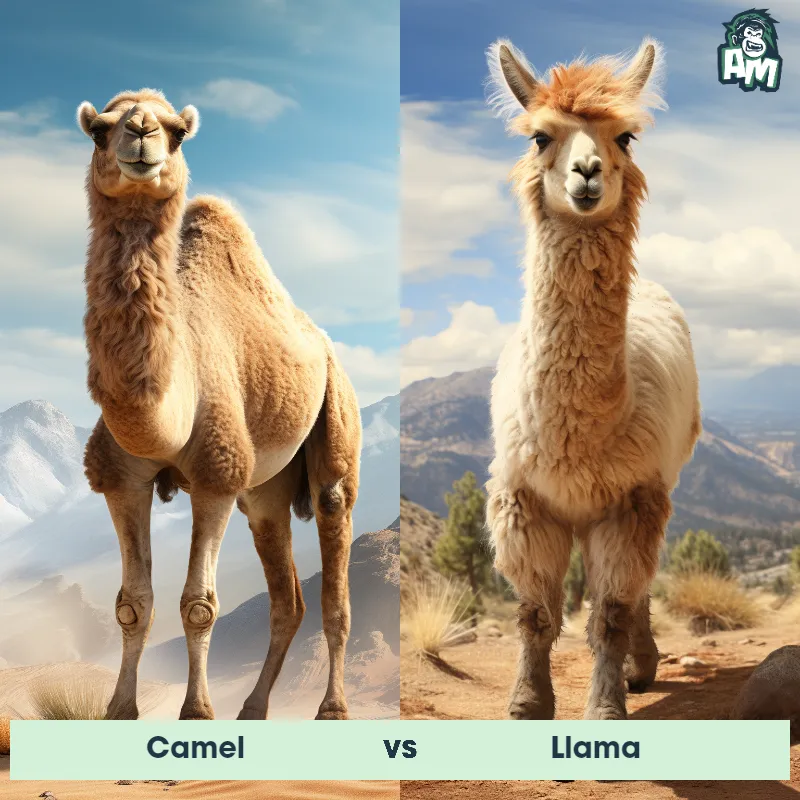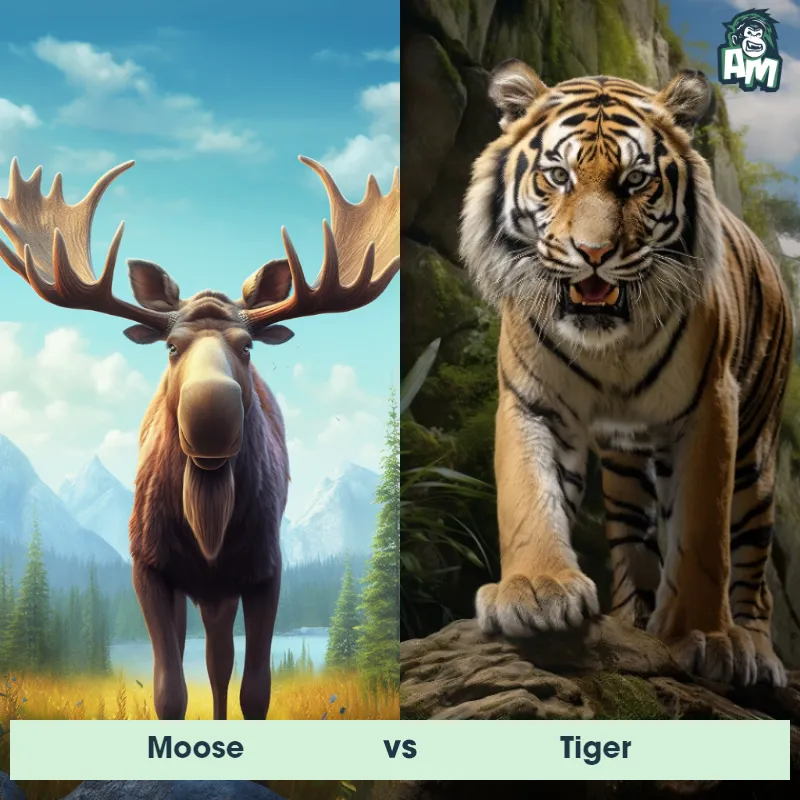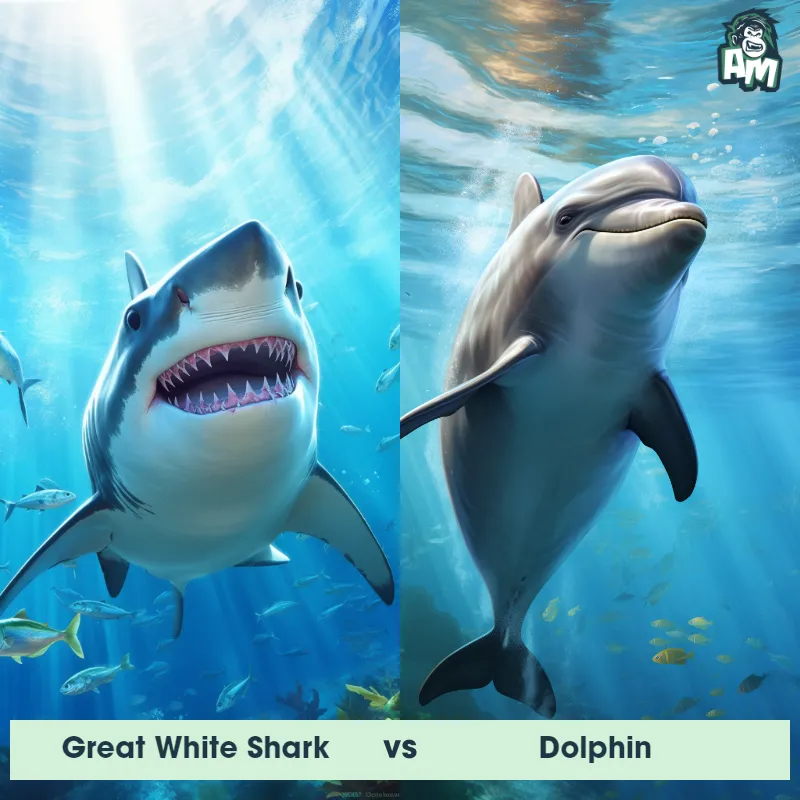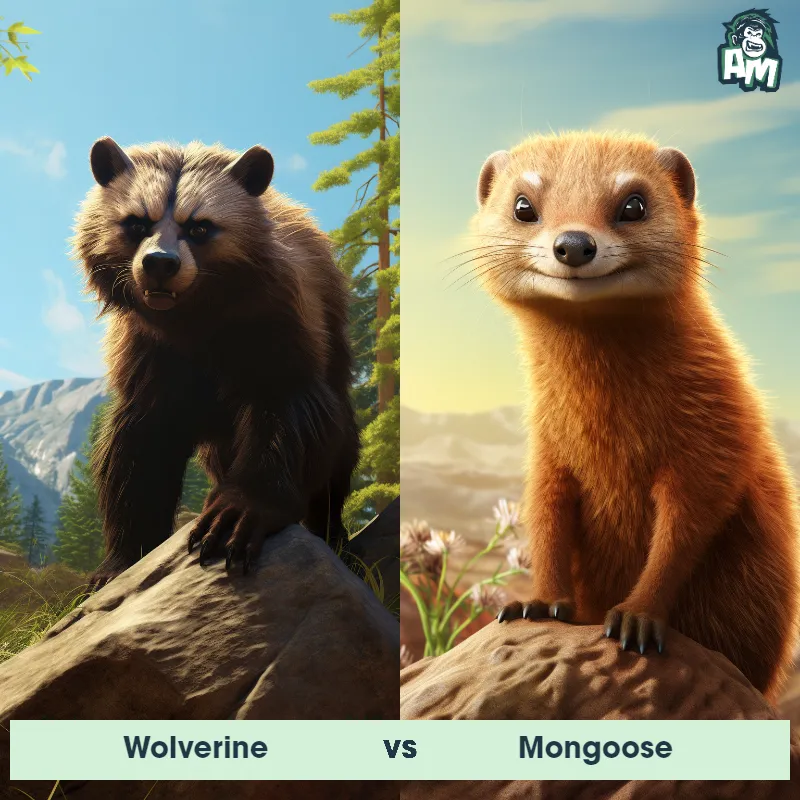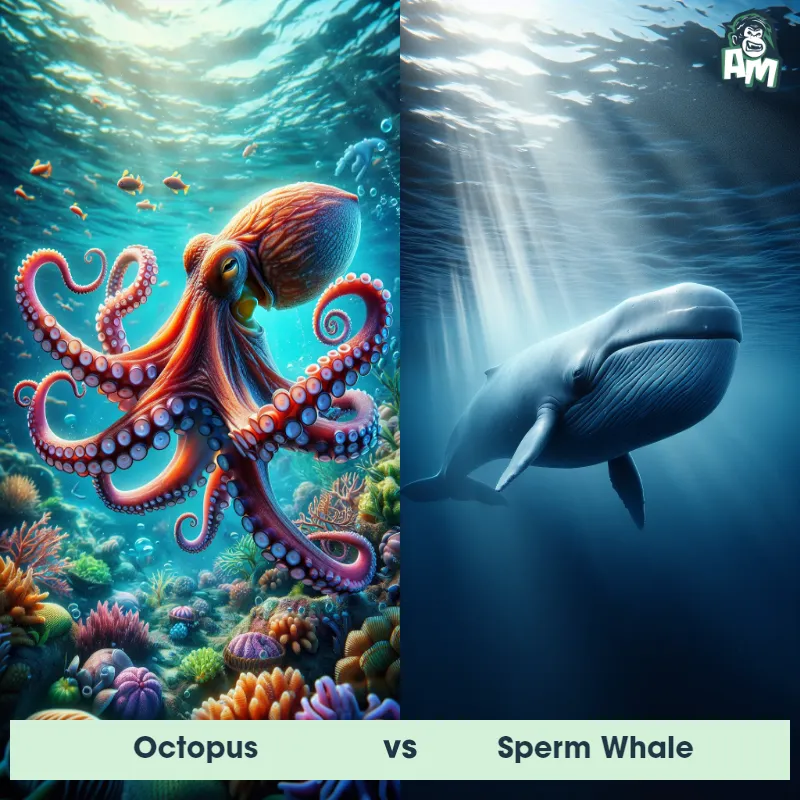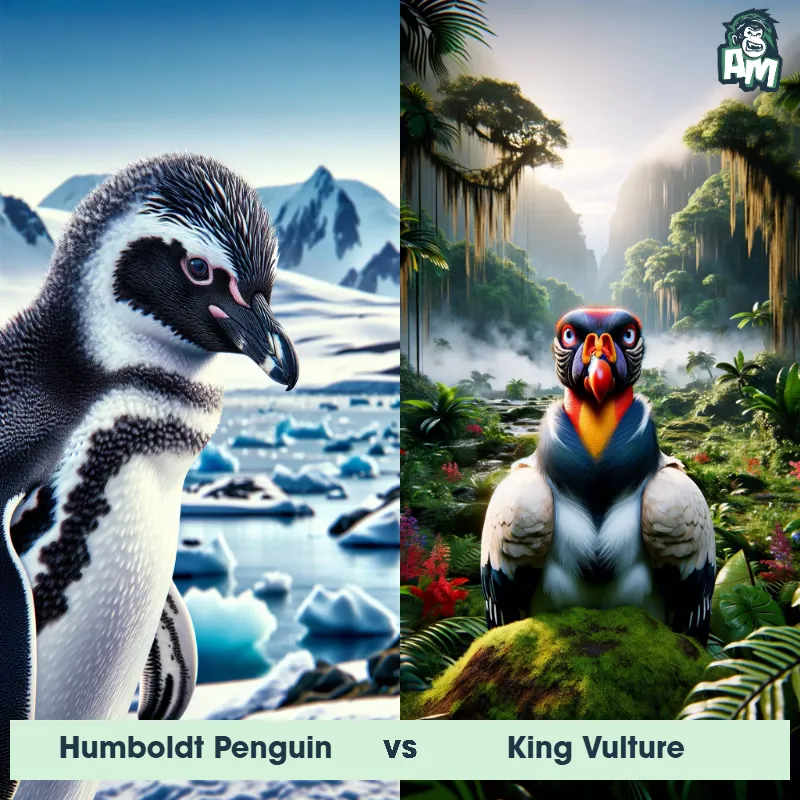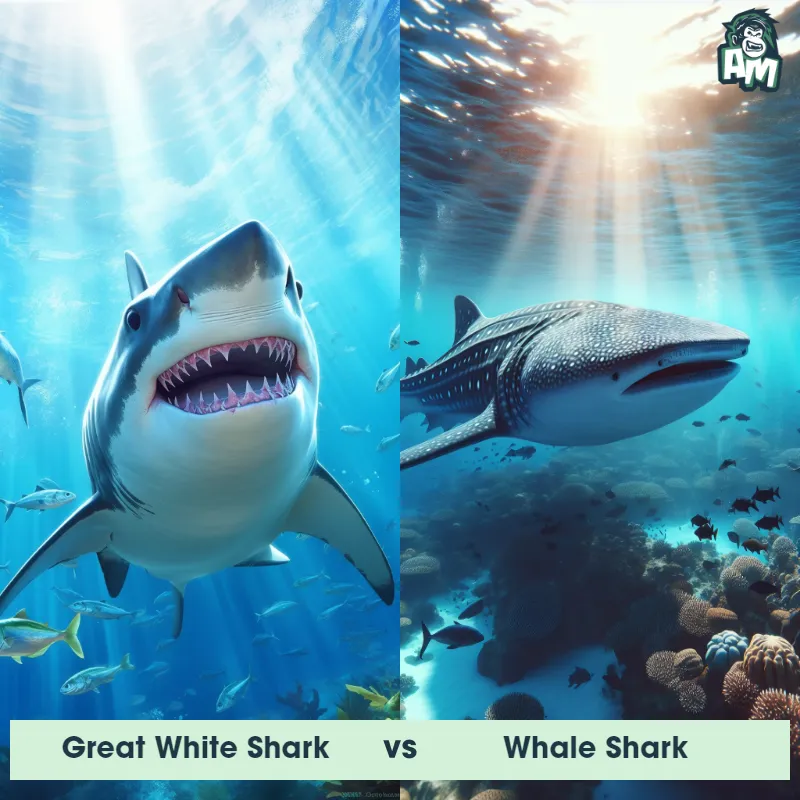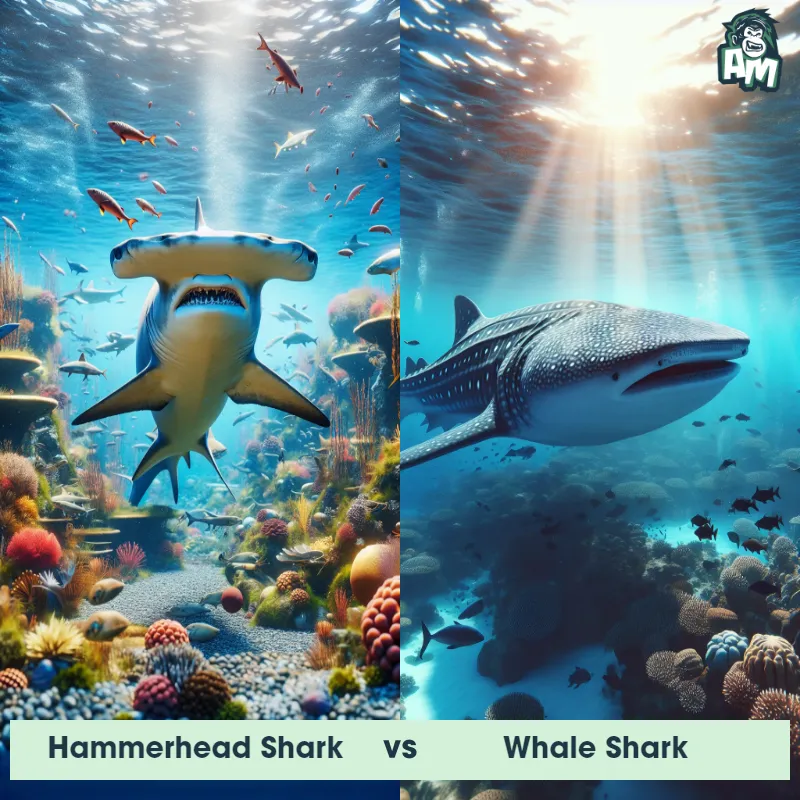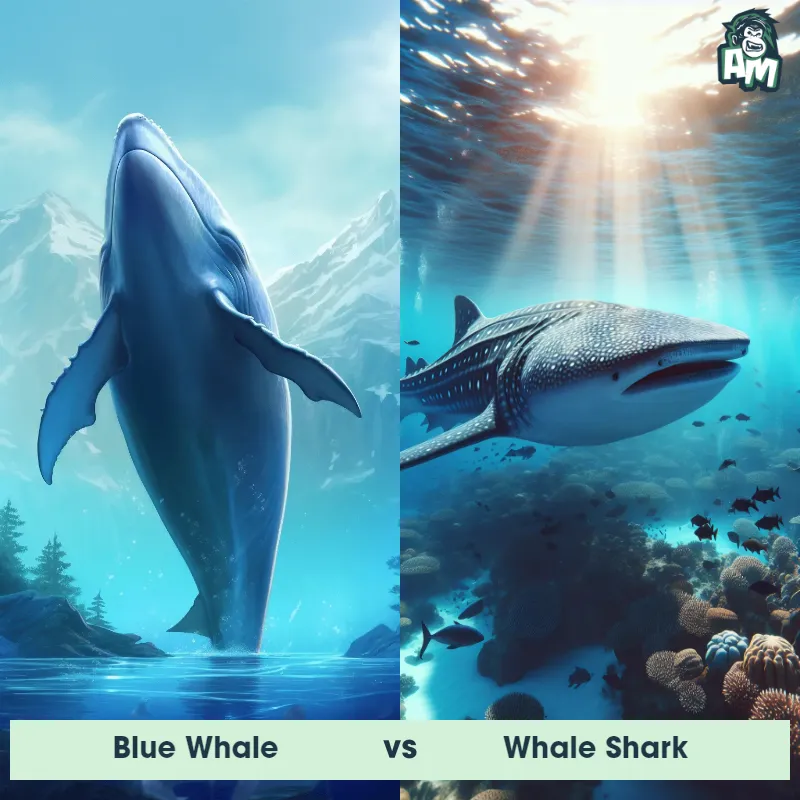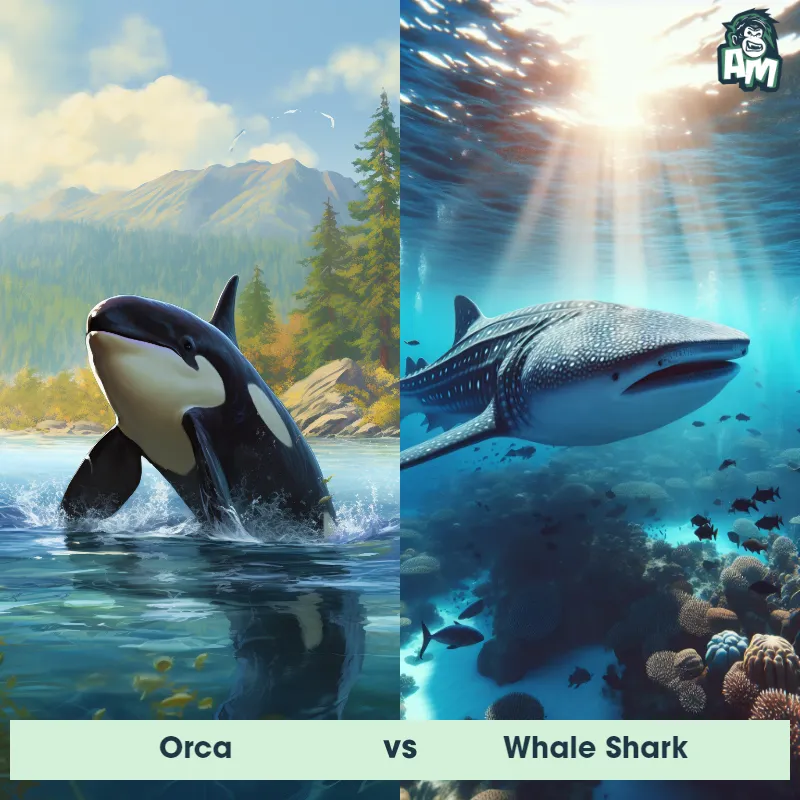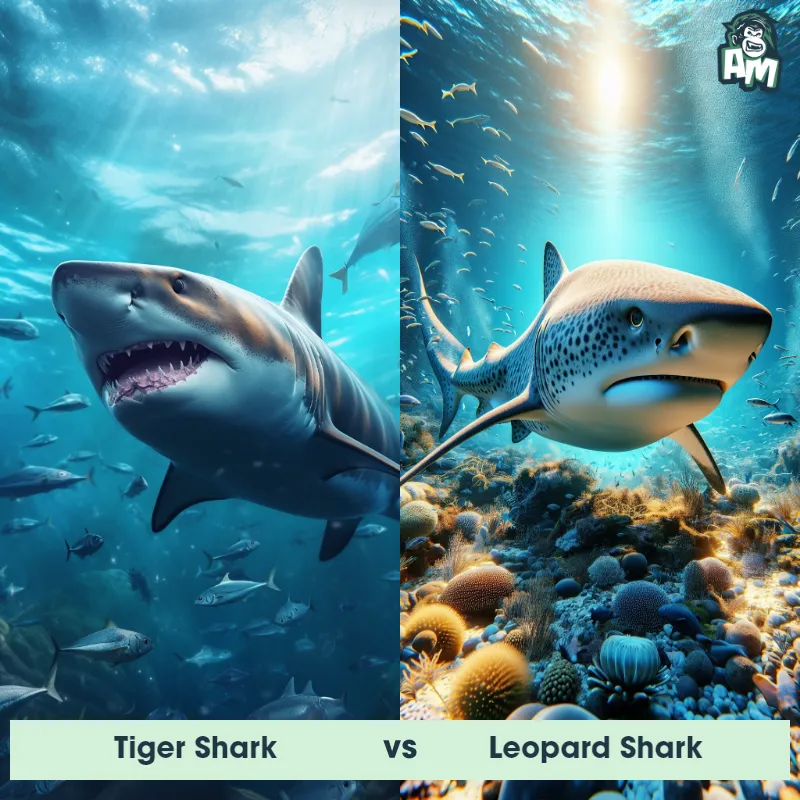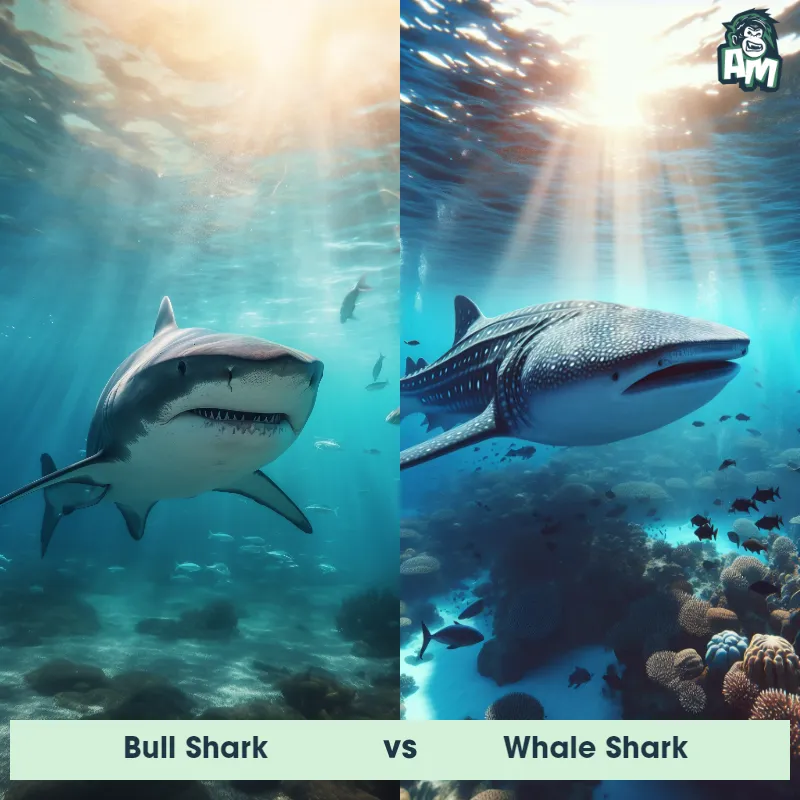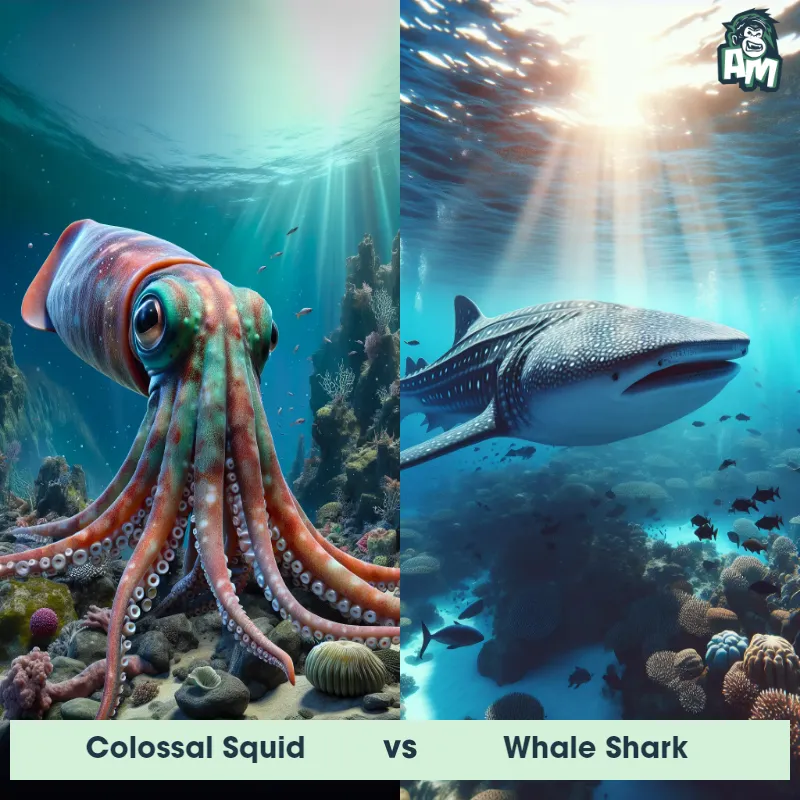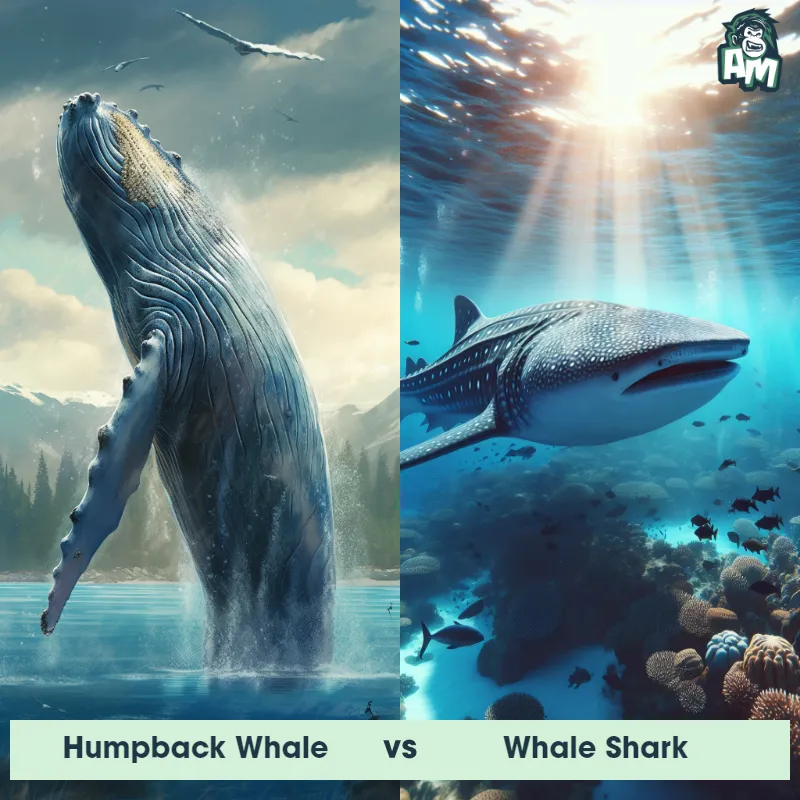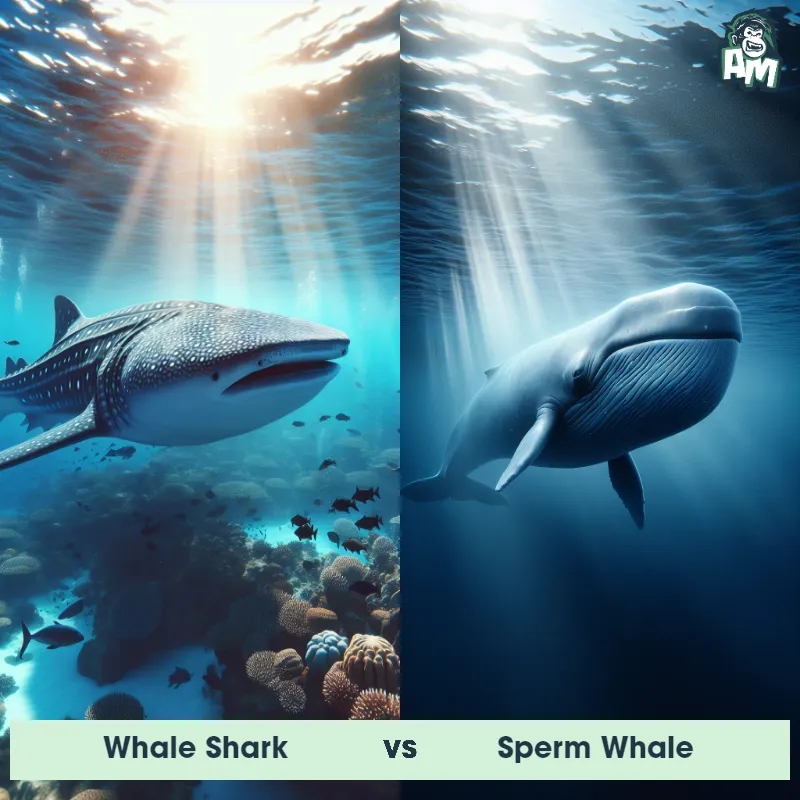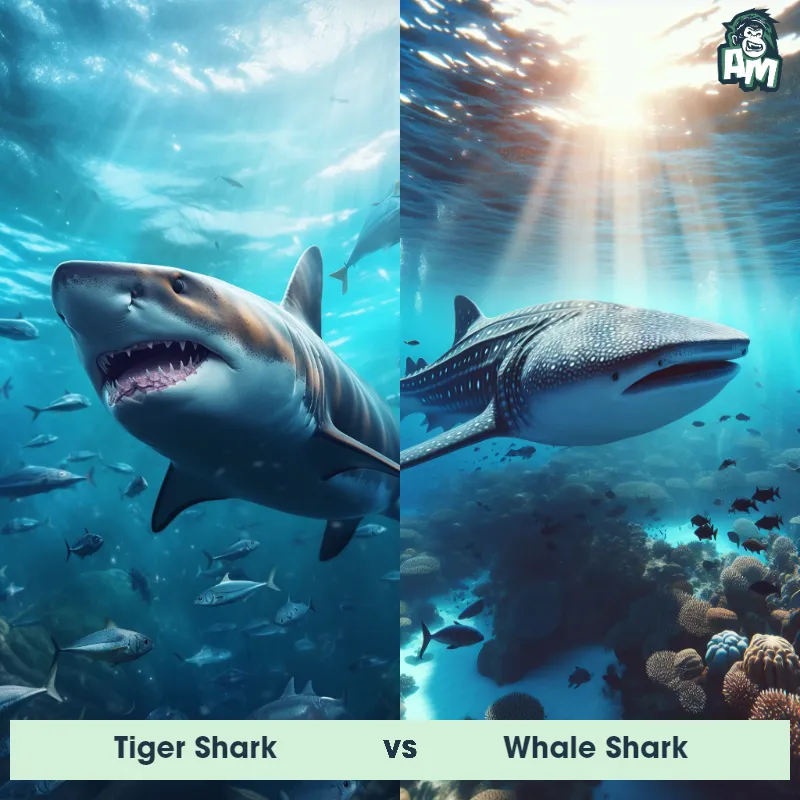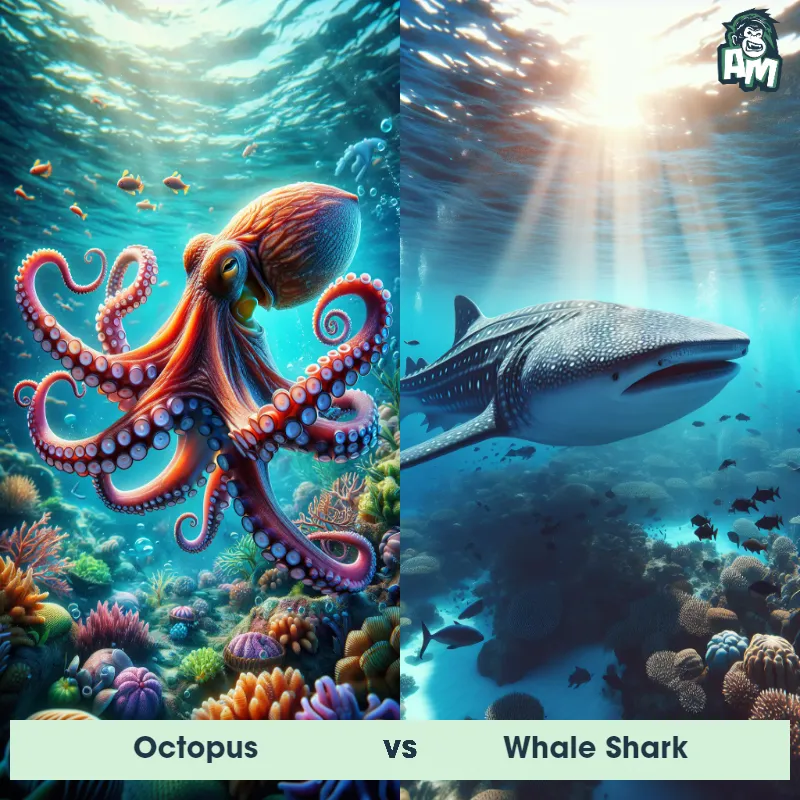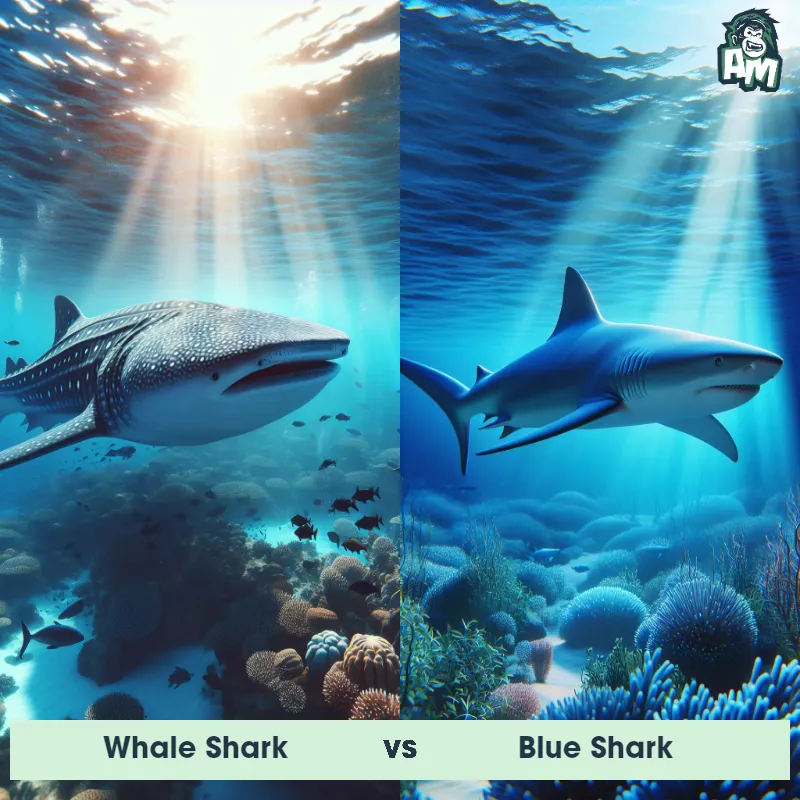Leopard Shark vs Whale SharkSee Who Wins
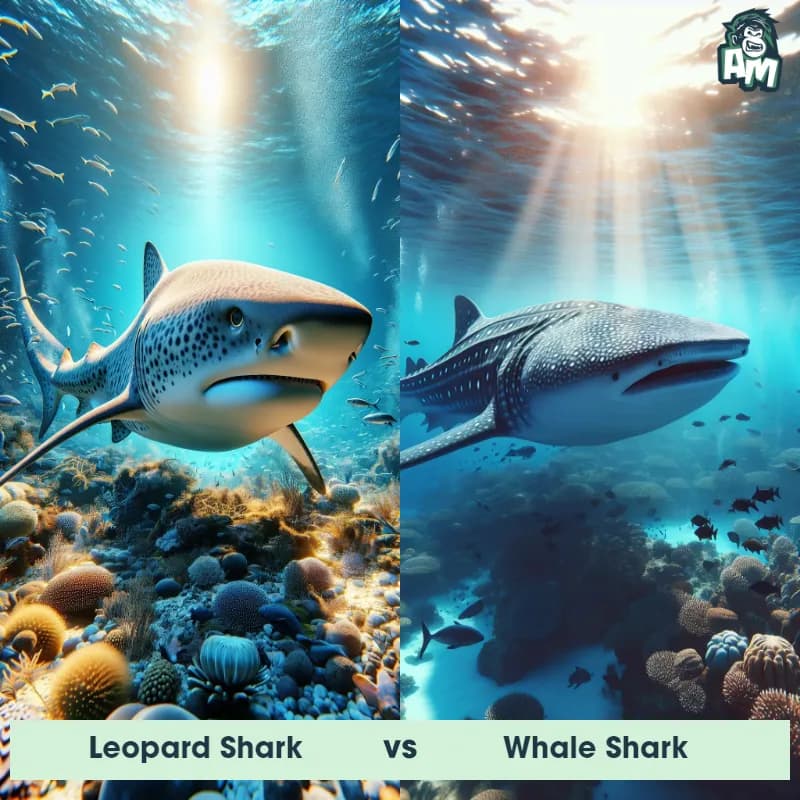
Ladies and gentlemen, welcome to this thrilling showdown of the depths! Tonight, we have an exhilarating matchup between two magnificent creatures of the sea. In the blue corner, weighing in at an impressive tonnage, we have the awe-inspiring whale shark. And in the red corner, agile and cunning, we have the lightning-fast leopard shark. It's time to witness these incredible predators go head to head in a battle for dominance. Fasten your seatbelts, folks, because this is going to be a wild ride!
Contender 1: Leopard Shark
The leopard shark is a species of houndshark, distinguished by its striking pattern of saddle-like markings and large spots, which resemble those of a leopard. They can grow up to 5 feet long, with a streamlined body that enables swift, agile movements underwater. Primarily found in the coastal waters of the Pacific Ocean, the leopard shark's diet consists of small, benthic animals such as crabs, shrimp, bony fish, and even occasionally seagrass. They are known to be relatively docile towards humans, posing minimal threat.
Fun Fact: The leopard shark is an ovoviviparous species, which means the females give birth to live young that have hatched from egg cases inside the mother's body.
Contender 2: Whale Shark
The Whale Shark, known scientifically as Rhincodon typus, is the largest fish species in existence, reaching lengths of up to 40 feet and weighing around 20 tons. This gentle giant has a distinctive flattened head, a wide mouth lined with rows of small teeth, and a broad, rounded snout. Its body is covered in a unique pattern of light spots and stripes against a dark blue-gray color, which helps in camouflage. Despite its massive size, the Whale Shark is considered a filter feeder, sieving huge volumes of water through its gills to capture tiny plankton, small fish, and even small squid.
Fun Fact: The Whale Shark holds the title for being the largest fish in the ocean, but it is actually not a whale at all! It is a species of shark, classified under the order Orectolobiformes, which includes other well-known sharks like the Nurse Shark and the Wobbegong Shark.
Matchup Stats
| Leopard Shark | Whale Shark | |
|---|---|---|
| Size | Up to 5 feet long (1.5 meters) | Up to 40 feet (12 meters) |
| Weight | Up to 40 pounds (18 kilograms) | Around 20 tons (18,000 kilograms) |
| Speed | 8 mph (13 km/h) | 3mph (5km/h) |
| Key Strength | Swift, Agile Movements | None |
| Biggest Weakness | Relatively Docile | None |
Current Votes
Leopard Shark vs Whale Shark
See Who Wins
View More Matches
Looking For More?
Similar Matches
Scientific Stats
| Leopard Shark | Whale Shark | |
|---|---|---|
| Scientific Name | Triakis semifasciata | Rhincodon typus |
| Family | Triakidae | Rhincodontidae |
| Habitat | Coastal Waters | Open ocean |
| Geography | Pacific Ocean | Tropical and warm waters worldwide |
| Diet | Crabs, Shrimp, Bony Fish, Seagrass | Plankton, small fish, and small squid |
| Lifespan | 20 years - 30 years | 70 years - 100 years |
Key Differences between Leopard Shark and Whale Shark
- Color pattern: Leopard Sharks have a distinct dark brown or gray coloration with numerous black spots covering their entire body, whereas Whale Sharks have a unique light gray to brownish-gray color with a white underbelly, and they display a pattern of pale yellow or white spots and stripes.
- Dorsal fins: Leopard Sharks possess prominent and relatively tall dorsal fins, while Whale Sharks have large, triangular-shaped dorsal fins located far back towards the rear of their body.
- Body shape: Leopard Sharks have a slender, elongated body with a rounded snout, while Whale Sharks have a much broader and flattened head, with a massive mouth that extends well in front of their eyes.
- Teeth: The Leopard Shark has numerous rows of sharp teeth in both its upper and lower jaws, making it a predator, whereas the Whale Shark has rows of small, non-functional teeth primarily located around the edges of its jaw, as it is a filter feeder.
- Size: The Whale Shark is notably larger than the Leopard Shark, with the former reaching lengths of up to 40 feet, while the latter only grows to about 7 feet in length.
- Habitat: Leopard Sharks are primarily found in shallow coastal waters, often near rocky or sandy bottoms, while Whale Sharks are typically encountered in open oceans and occasionally near coastlines as they migrate vast distances.



